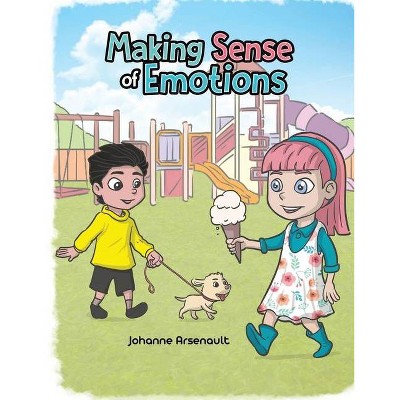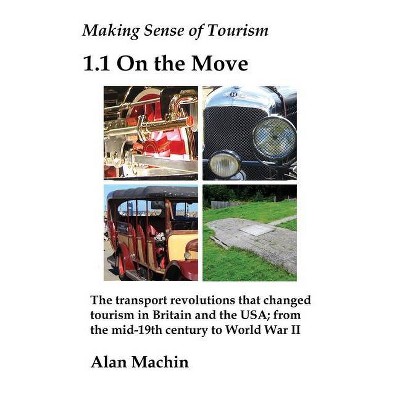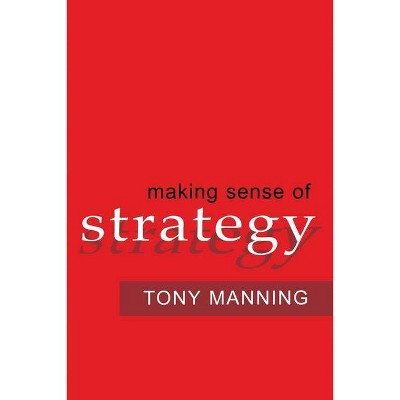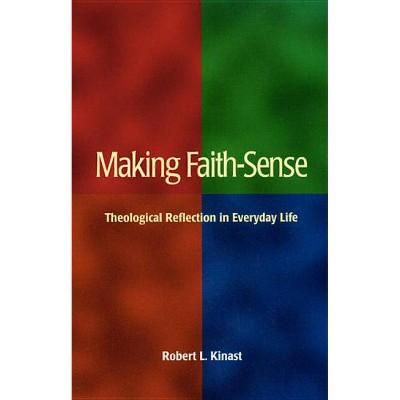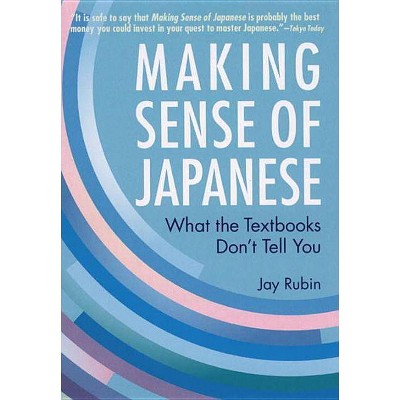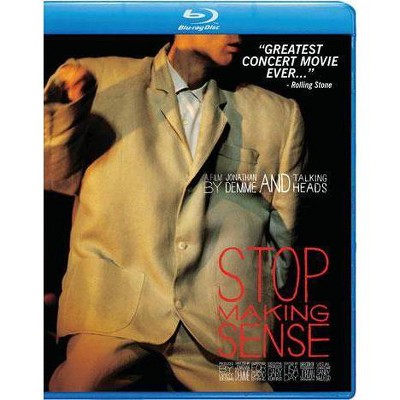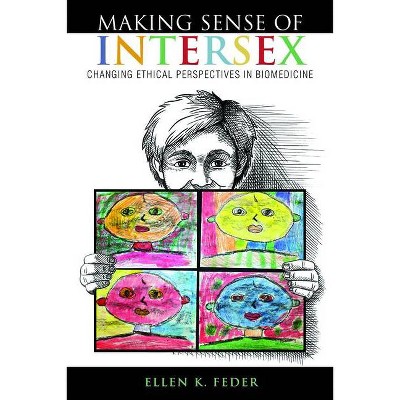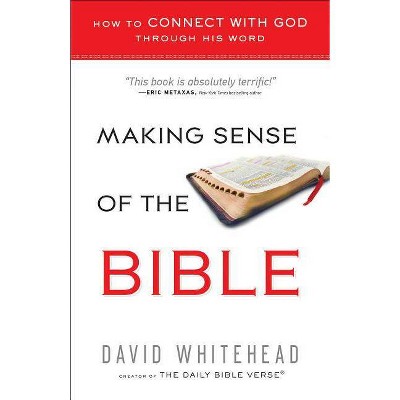Making Sense of War - by Amir Weiner (Paperback)
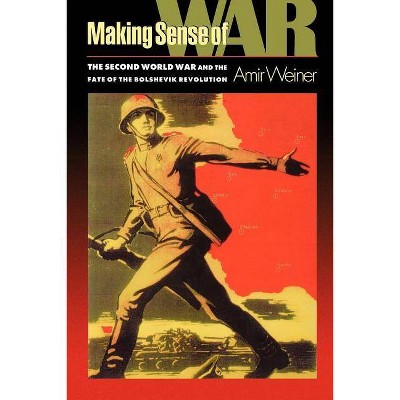
Similar Products
Products of same category from the store
AllProduct info
<p/><br></br><p><b> Book Synopsis </b></p></br></br><p>In <i>Making Sense of War, </i> Amir Weiner reconceptualizes the entire historical experience of the Soviet Union from a new perspective, that of World War II. Breaking with the conventional interpretation that views World War II as a post-revolutionary addendum, Weiner situates this event at the crux of the development of the Soviet--not just the Stalinist--system. Through a richly detailed look at Soviet society as a whole, and at one Ukrainian region in particular, the author shows how World War II came to define the ways in which members of the political elite as well as ordinary citizens viewed the world and acted upon their beliefs and ideologies. <p/> The book explores the creation of the myth of the war against the historiography of modern schemes for social engineering, the Holocaust, ethnic deportations, collaboration, and postwar settlements. For communist true believers, World War II was the purgatory of the revolution, the final cleansing of Soviet society of the remaining elusive human weeds who intruded upon socialist harmony, and it brought the polity to the brink of communism. Those ridden with doubts turned to the war as a redemption for past wrongs of the regime, while others hoped it would be the death blow to an evil enterprise. For all, it was the Armageddon of the Bolshevik Revolution. The result of Weiner's inquiry is a bold, compelling new picture of a Soviet Union both reinforced and enfeebled by the experience of total war.</p><p/><br></br><p><b> From the Back Cover </b></p></br></br><p>"I know no other book that systematically relates World War II and postwar Soviet experience to the whole of Soviet history. The book's originality and its exhaustive research make it truly interesting. <i>Making Sense of War</i> will be an important contribution to the field not only of Russian and Ukrainian history but of European history in general. In a word, this is a tour de force of new scholarship on the Soviet Union."<b>--Hiroaki Kuromiya, Indiana University</b></p><p/><br></br><p><b> Review Quotes </b></p></br></br><br>Weiner's work is rich in information and implications.<b>---Ronald Grigor Suny, <i>Journal of Modern History</i></b><br><br><i>Making Sense of War</i> is an impressive study based on a broad reading of secondary literature and copious amounts of archival research in several countries. . . . The greatest benefit of this new work is that it rightly foregrounds World War II in Soviet history and will cause many scholars to reflect on the meaning of 1917. . . . Every scholar of the Soviet Union should read <i>Making Sense of War</i>.<b>---Karl D. Qualls, <i>The Russian Review</i></b><br><br>[A] difficult and disturbing but ultimately rewarding book.<b>---Lewis H. Siegelbaum, <i>Slavic Review</i></b><br><br>[Weiner's] slice of the story focuses on the nature, process, and ontology of the regime's prewar, wartime, and postwar purges. He does this by tracing in painstaking, revealing detail the way these phenomena unfolded.-- "Foreign Affairs"<br><br>A brilliant book. . . . Weiner's insights into the impact of the war on Soviet ideology and the Soviet polity are often ironic and always valuable.<b>---Jacob W. Kipp, <i>Journal of Cold War Studies</i></b><br><br>Amir Weiner returns us to the real, unadulterated Soviet Union. In <i>Making Sense of the War</i>, he indeed takes us into a new and little-known segment of its history, namely the country's wartime and postwar internal development. Until now, this subject has been ignored by Western historians.<b>---Martin Malia, <i>The New Republic</i></b><br><br>As [Weiner] rightly observes, the second world war was a defining moment in the history of the Soviet Union and its ideology . . . The power of totalitarian regimes to fashion new prejudices out of old is a subject that fascinates with horror; and it reminds us that the ancient hatreds which caused so much bloodshed and misery in the post communist world have often been quite carefully constructed, or at least revived, in relatively recent times.-- "The Economist"<br><p/><br></br><p><b> About the Author </b></p></br></br><b>Amir Weiner</b> is Assistant Professor of History at Stanford University.
Price History
Price Archive shows prices from various stores, lets you see history and find the cheapest. There is no actual sale on the website. For all support, inquiry and suggestion messages communication@pricearchive.us

